
Republic of Kazakhstan
Email: ccasc@kimep.kz
This weekly section provides an overview of key political, economic, and social developments across the five Central Asian states. It highlights the region’s most relevant policy trends, international engagements, and sectoral updates in areas such as energy, digital development, environment, and finance. The section is compiled and edited by Maryam Agharabi, Coordinator of the China & Central Asia Studies Center. For enquiries, you may contact maryam.agharabi[a]kimep.kz.
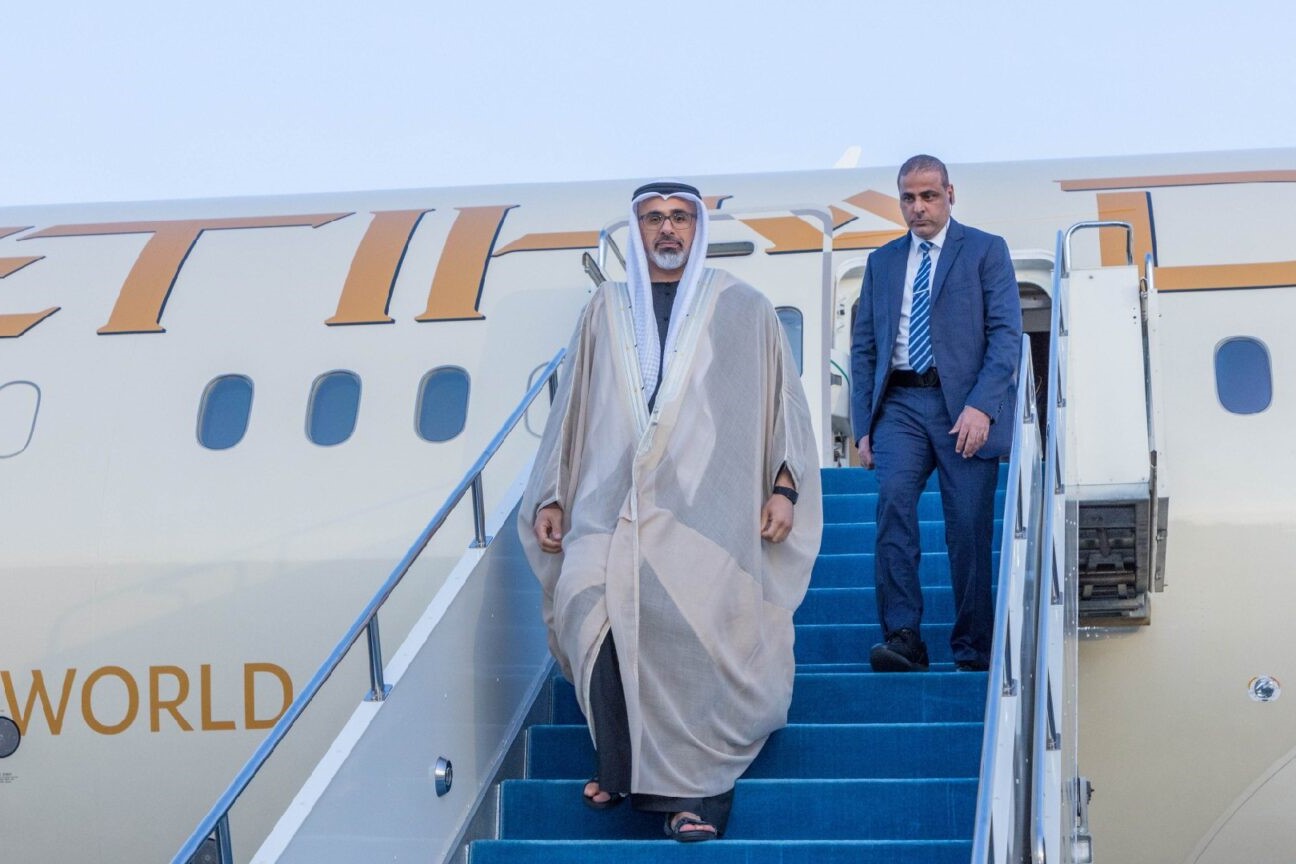
This week, the media in Central Asia covered several diplomatic events, such as the Emirati Crown Prince’s visit to Kazakhstan and the EU Special Representative to Central Asia paying a visit to Tashkent. They also reported on multiple significant energy stories, such as Rosatom beginning to manufacture components for Uzbekistan’s first NPP, the U.S. Treasury lifting restrictions on the provision of oil-related services to the CPC and Tengiz oil field, Petronas, XRG, and Turkmenistan conclude production sharing deal for the Block 1 natural gas field in the Caspian Sea, and Uzbekistan and the World Bank signing a $150 deal to upgrade the country’s electricity grid. Several outlets noted that Kazakhstan and China agreed to construct a new $1.1 billion grain processing facility, and the EU and Ukraine sanctioned numerous Uzbekistani companies. Other sources reported that Kazakhstan recorded 6% GDP growth in the first four months of the year, while economic growth in Kyrgyzstan surged by 11.7%.
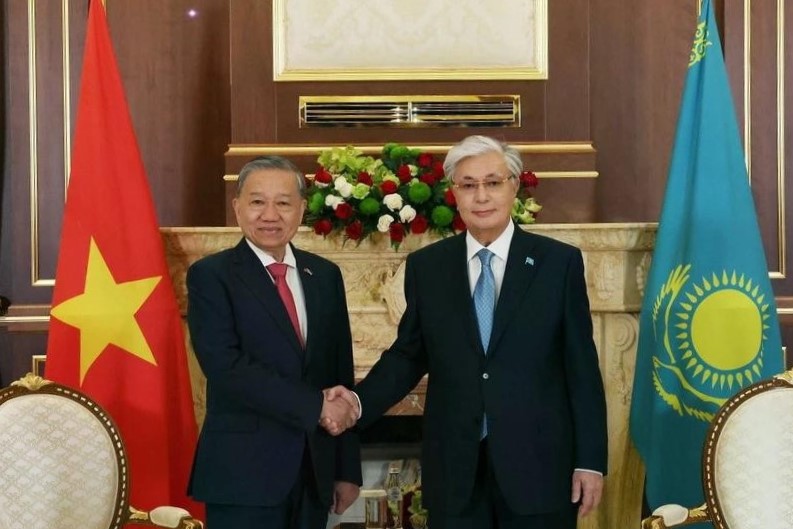
This week, the media in the region covered several notable diplomatic events, such as the state visit of the General Secretary of the Vietnamese Communist Party, Tô Lâm, to Kazakhstan and Gurbanguly Berdimuhamedov’s visit to Paris. Several outlets reported on critical energy developments, such as Uzbekistan approving the site plan for its new small modular nuclear power plant, Kazakhstan considering a new tax on energy companies, and Kazakhstan reiterating its commitment to OPEC+ in light of media allegations that it is facing pressure from its partners to reduce oil production. Nevertheless, the Energy Ministry once again refused to countenance lowering production. Multiple sources also noted Kyrgyzstan launching its new National Council for the Development of Virtual Assets and Blockchain Technologies and Uzbekistan signing a new $3.6 billion program with the ADB.
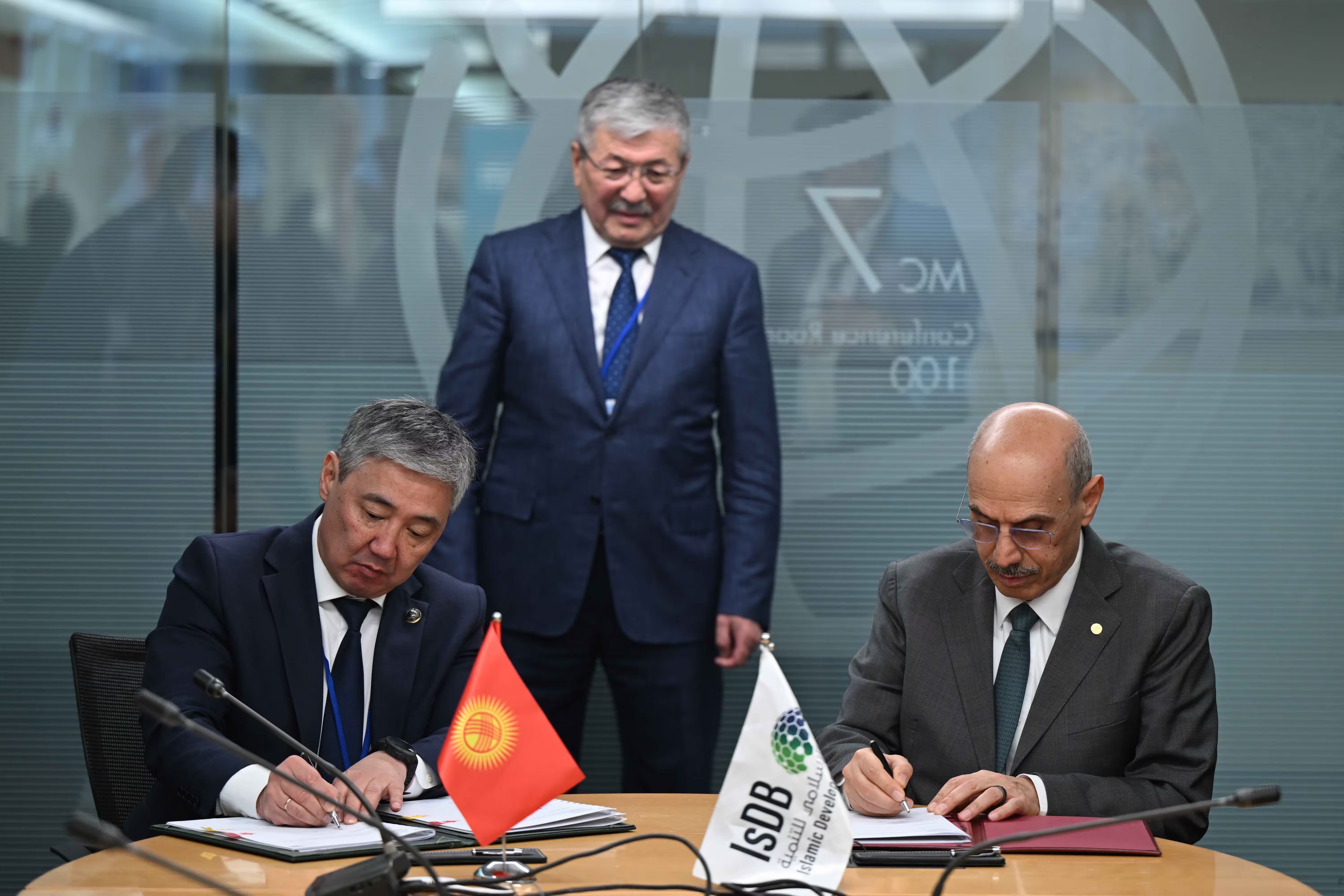
This week, the media across Central Asia covered several critical economic stories, such as Kazakhstan’s lower house adopting a new tax code, Kazakhstan recording its first net outflow of U.S. investment, and the IMF’s latest GDP projections for the region. However, several outlets noted the continued acceleration of inflation in the region, particularly in Uzbekistan and Kazakhstan. The media reported on diplomatic events like the CIS Regions Forum and Economic Council meetings in Tashkent. They also noted the commencement of construction work on a 12-kilometer tunnel for the China-Kyrgyzstan-Uzbekistan railway. Lastly, they covered Russia and Uzbekistan signing a new migration protocol and Russia extending the deadline for migrants to legalize their status.
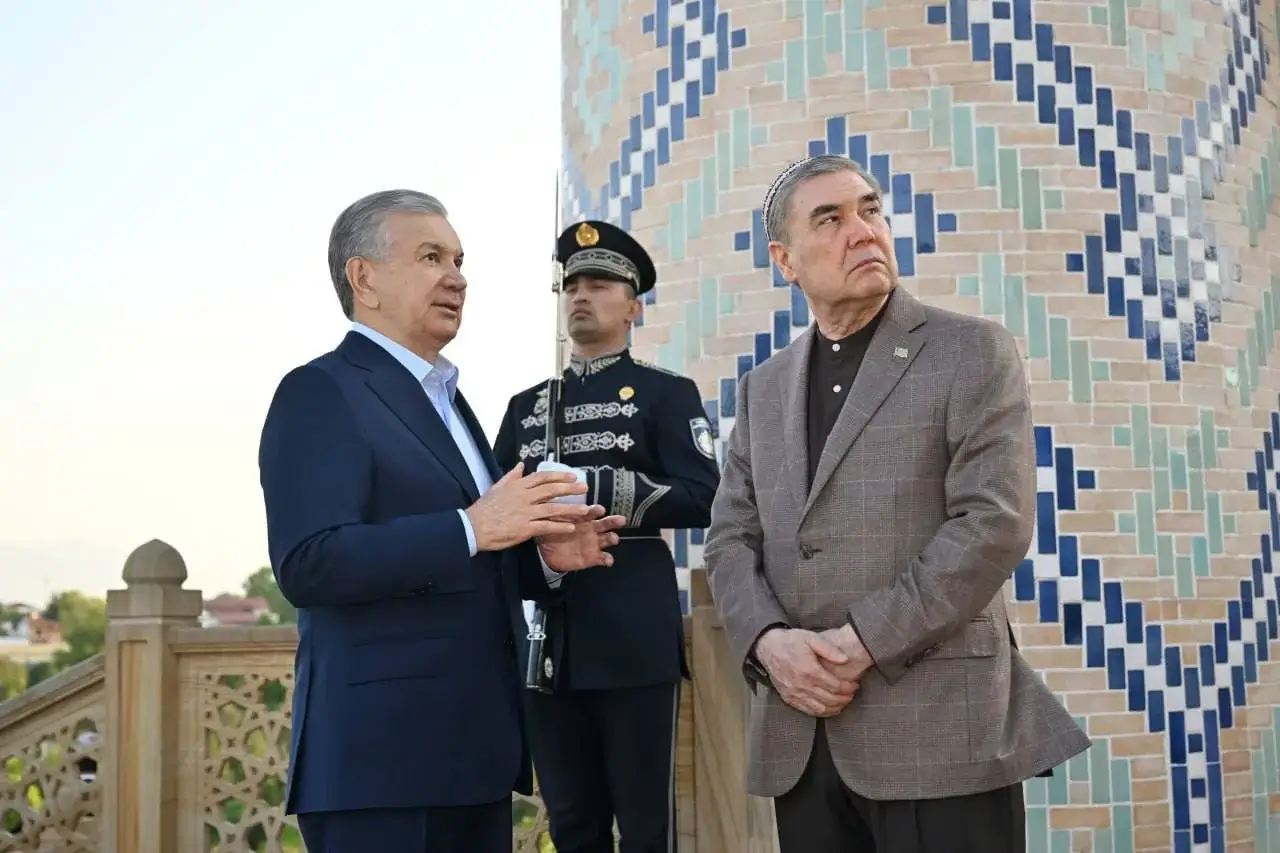
This week, the media in the region reported on several important diplomatic developments, such as Gurbanguly Berdimuhamedov’s tour of Central Asia, Kazakhstani PM Olzhas Bektenov’s visit to Moscow, the sixth China-Central Asia Foreign Ministers’ Meeting, and President Japarov’s official visit to Bahrain. They also covered several critical energy stories like Uzbekistan’s plans to import more Russian gas while simultaneously announcing the first monthly increase in gas production in 3.5 years, Kazakhstan fining the Tengiz oil field operator $1.4 million amid a strike at the field, Kazakhstan hinting it will prioritise its national interest over OPEC+ plans when it comes to oil production, and Kazakhstan announcing it will commence exploring various new gas deposits. In addition, several outlets noted Uzbekistan’s plans to privatise multiple state enterprises.
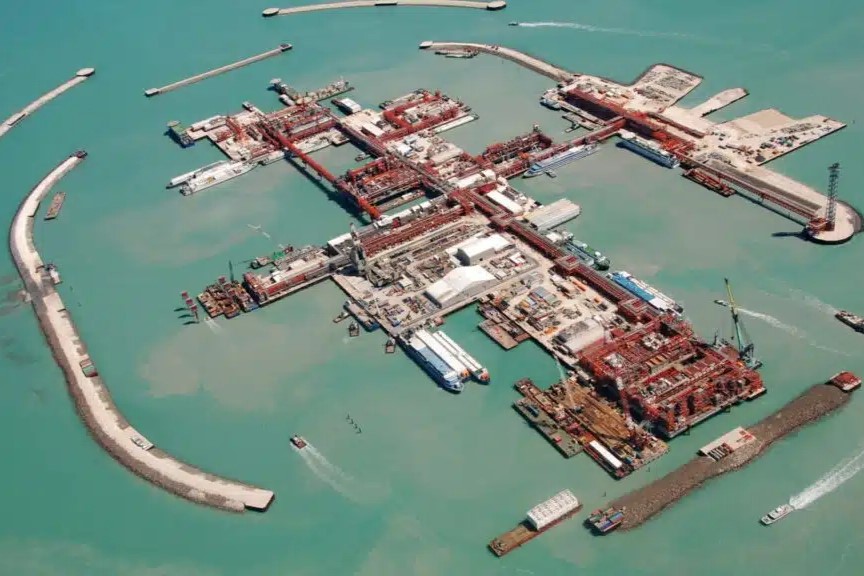
This week, the media in the region reported on several critical energy stories, such as China rejecting Russian plans to increase gas exports through Kazakhstan, Kazatomprom signing a uranium supply deal with the Czech company ČEZ, Uzbekistan beginning construction work on its first NPP, and OPEC outlining a new compensation plan for several member states, including Kazakhstan. They also covered Russia’s Supreme Court removing the Taliban from the country’s list of terrorist organizations. Several outlets noted Uzbekistan’s plans to suspend all export restrictions by July. Other sources also reported on the surge in remittances sent to Kyrgyzstan, while remittances and economic growth plateau in neighboring Tajikistan. Lastly, the media covered a new investigative report by the International Consortium of Investigative Journalists that revealed that the arbitration case between Kazakhstan and a consortium of international oil companies over the Kashagan field in the Caspian Sea could continue until 2028.
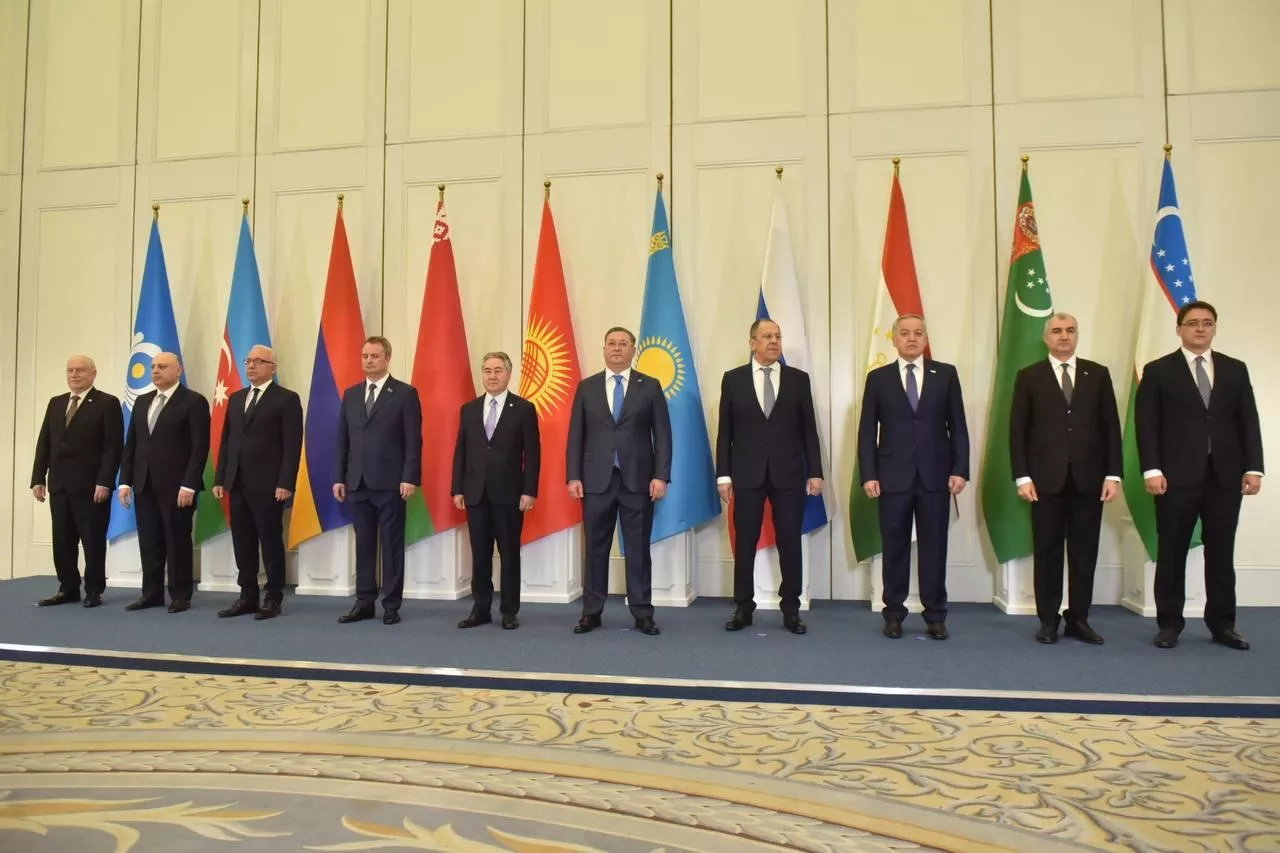
This week, the media in Central Asia covered several crucial energy stories, such as the increase in Uzbekistani gas exports despite the country’s plans to cease exports amidst rising domestic consumption, Uzbekistan ending its deal for the development of the Shokhpakhta gas field with Gazprom, and Uzbekistan concluding agreements for several new renewable energy projects at the Samarkand International Climate Forum. Several outlets reported joint Russian-Tajikistani anti-terror drills and the CIS Foreign Ministers’ Council meeting in Almaty. Other sources noted Kazakhstan’s plans to auction 50 new mineral deposits and Uzbekistan’s signing multiple new investment agreements with U.S. companies. They also reported that Uzbekistan and Germany signed a memorandum on labor migration, FDI fell sharply in Kazakhstan, and remittances from Russia surged in Tajikistan.
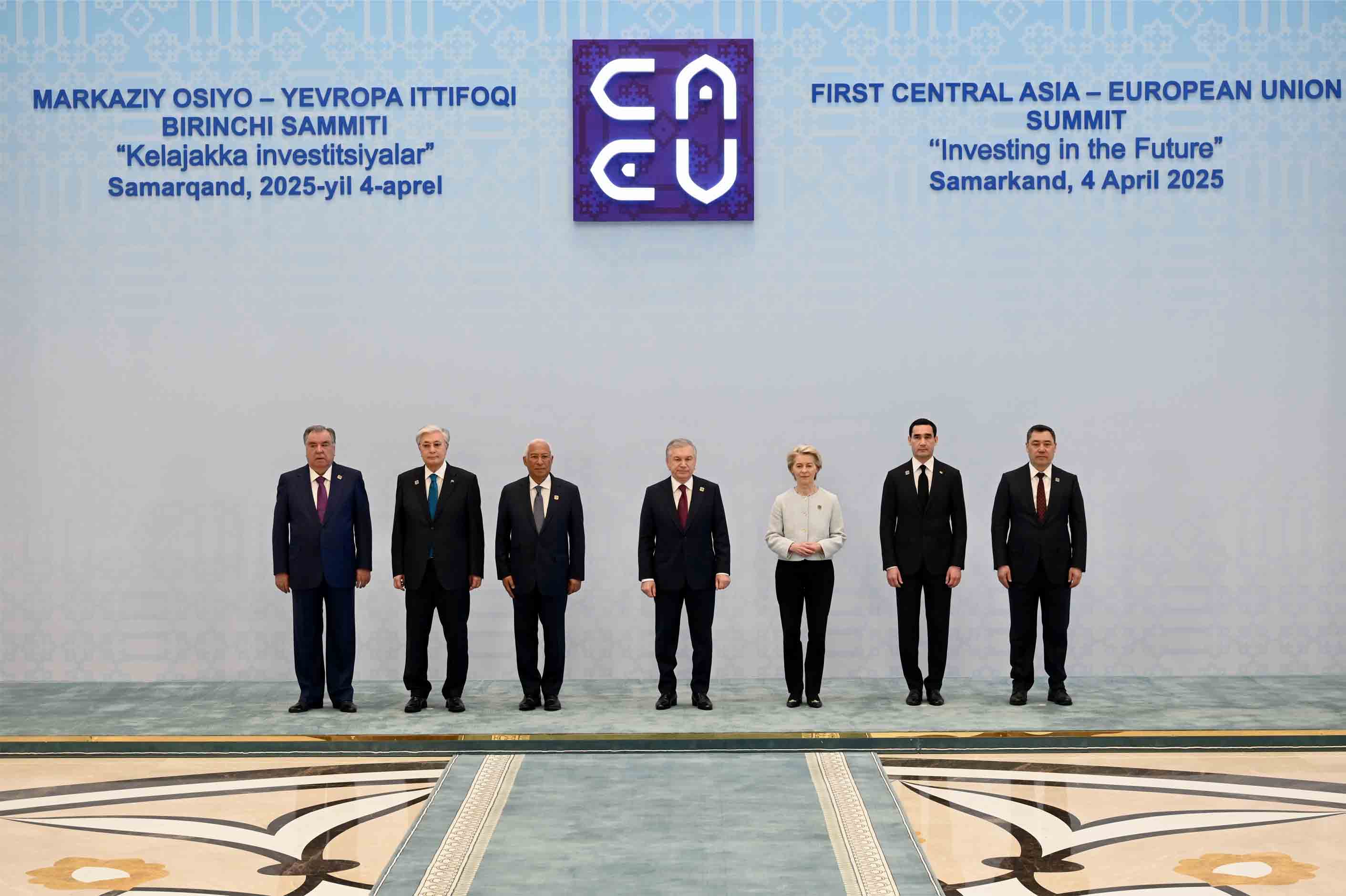
This week, the media across the region extensively covered the first EU-Central Asia summit held in Samarkand. They reported on several significant investment pledges, such as the EU’s pledge to invest €12 billion in the region’s infrastructure. In other news, they reported on Kazakhstan’s discovery of a significant new rare earth metals deposit and the country’s National Fund reporting a severe loss in the first quarter of the year. Several outlets highlighted the historic border agreement signed by Uzbekistan, Tajikistan, and Kyrgyzstan and the commissioning of a new power transmission line between Kyrgyzstan and Tajikistan. Many Uzbekistani sources reported on the country’s recent tax and inflation statistics, as well as the establishment of a new National Energy Efficiency Agency.
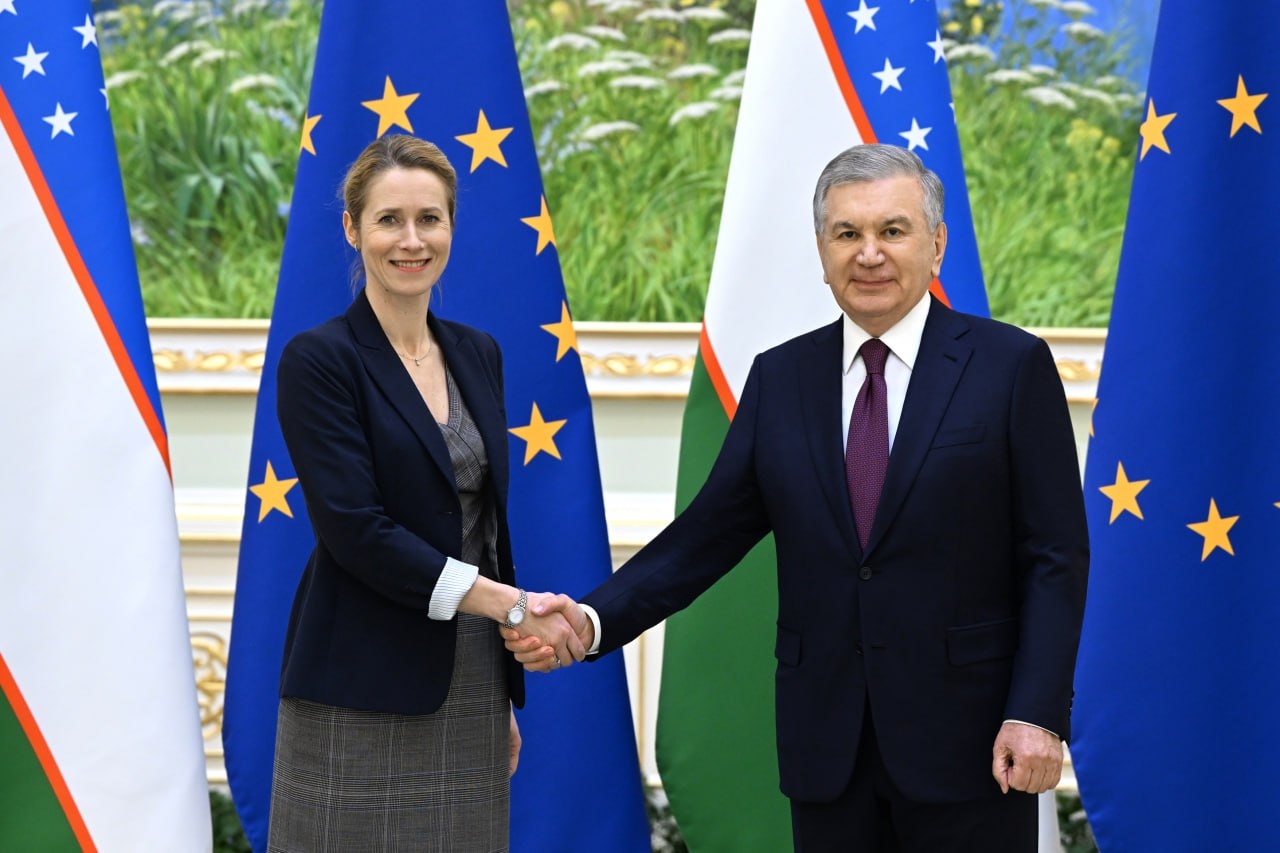
Last week, the media across Central Asia covered several crucial diplomatic events, such as President Mirziyoyev’s informal visit to Almaty, EU High Representative for Foreign Affairs and Security Policy Kaja Kallas’ tour of Central Asia, and Kyrgyzstan’s ratification of two border agreements with Tajikistan concerning water and road infrastructure. They also reported on various energy stories, including the decline in Uzbekistani energy output, a British oil and gas firm taking legal action against Kazakhstan, Kazakhstan extending its export ban on petroleum products, the announcement that several Chinese banks will fund the Mulalak HPP in Uzbekistan, and Kyrgyzstan and the EDB agreeing to conduct a pre-feasibility study for the Suusamyr-Kokomeren Cascade HPP. Other sources noted Tajikistan’s plan to establish a benefit distribution fund for revenues generated from the Rogun HPP. Multiple outlets also covered the plans of the Chinese company Xinjiang Lihua for a new cotton and textile plant in Turkistan.
